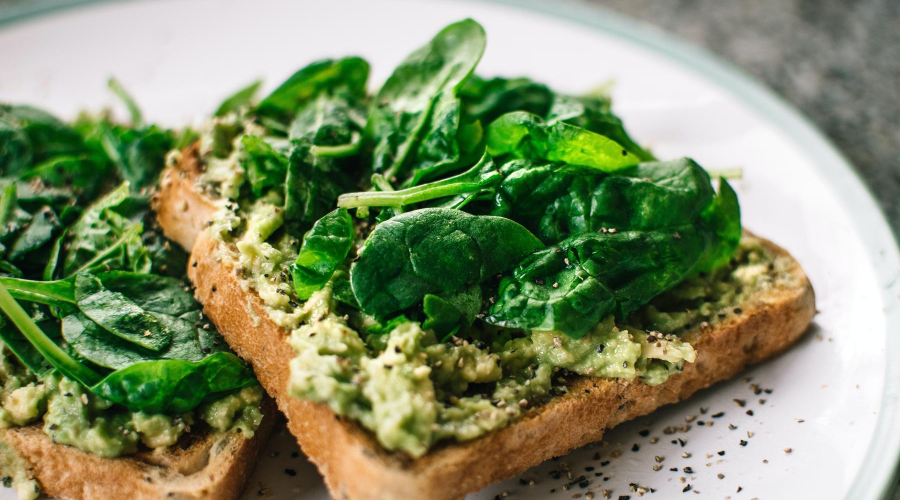LIVING WITH INCONTINENCE
Incontinence exercise
Read moreFREE SHIPPING ON ALL ORDERS!

A build-up of hard faeces in the bowel can affect both bowel and bladder function in several ways, including:
Managing constipation will not only make you feel more comfortable and energetic but can also alleviate incontinence.
Although it seems like an obvious question, some people suffering from diarrhoea-like symptoms may, in fact, be constipated. This happens when faeces become lodged or ‘impacted’ in the bowel or colon, allowing only liquid waste (“overflow”) to pass. It can be very uncomfortable and if left untreated, an obstruction can be a serious health risk, even life-threatening. If you think you might have a blocked or impacted bowel, you must see your doctor.
Typical indications of constipation are:
If you think you may be constipated, the Bristol Stool Chart, is the universal guide used by health care professionals to classify the consistency of stools. Have a look as it’s a useful reference in determining if your bowel movements are consistent with constipation.

Although there are several contributors to constipation, including dehydration and a sedentary lifestyle, fibre is a significant factor.
Both the Australian Government website, HealthDirect and New Zealand’s Nutrition Foundation recommend women consume 25g of dietary fibre each day and 30g for men.
Fibre is the indigestible part of plants that is either soluble or insoluble. As the name suggests, soluble fibre dissolves, soaking it up fluid and softening the contents of the bowel, making it easier for it to move through the digestive tract. Insoluble fibre adds bulk. A combination of the two is ideal for regularity.
Soluble fibre is found in fruit, vegetables, oats, barley and legumes, while insoluble fibre is present in nuts, seeds, bran, whole grains and the edible skins of fruit and vegetables.
To achieve your daily requirement of fibre, choose:
To further boost your intake, try incorporating psyllium husks or dried fruit (prunes, peaches, apricots) into your diet, making sure you drink plenty of water to achieve the maximum benefit, especially from the soluble fibre.
If you’re still suffering from constipation after increasing the fibre in your diet, are drinking plenty of water and exercising, don’t put up with it; make an appointment to discuss the issue with your doctor who can recommend laxatives, suppositories or other treatments.
If constipation is the cause of your continence issues, you might feel more comfortable with the security of an absorbent, disposable product while you’re changing your diet and getting the problem under control.
All TENA products have been designed to handle the thinner, faster flow of a weak bladder, absorbing and locking fluid away fast, keeping you dry and odour free. Check out the TENA Product Finder Tool, and Free Samples to find the product that best suits your needs.
Sources:
Asaleo Care makes no warranties or representations regarding the completeness or accuracy of the information. This information should be used only as a guide and should not be relied upon as a substitute for professional, medical or other health professional advice.